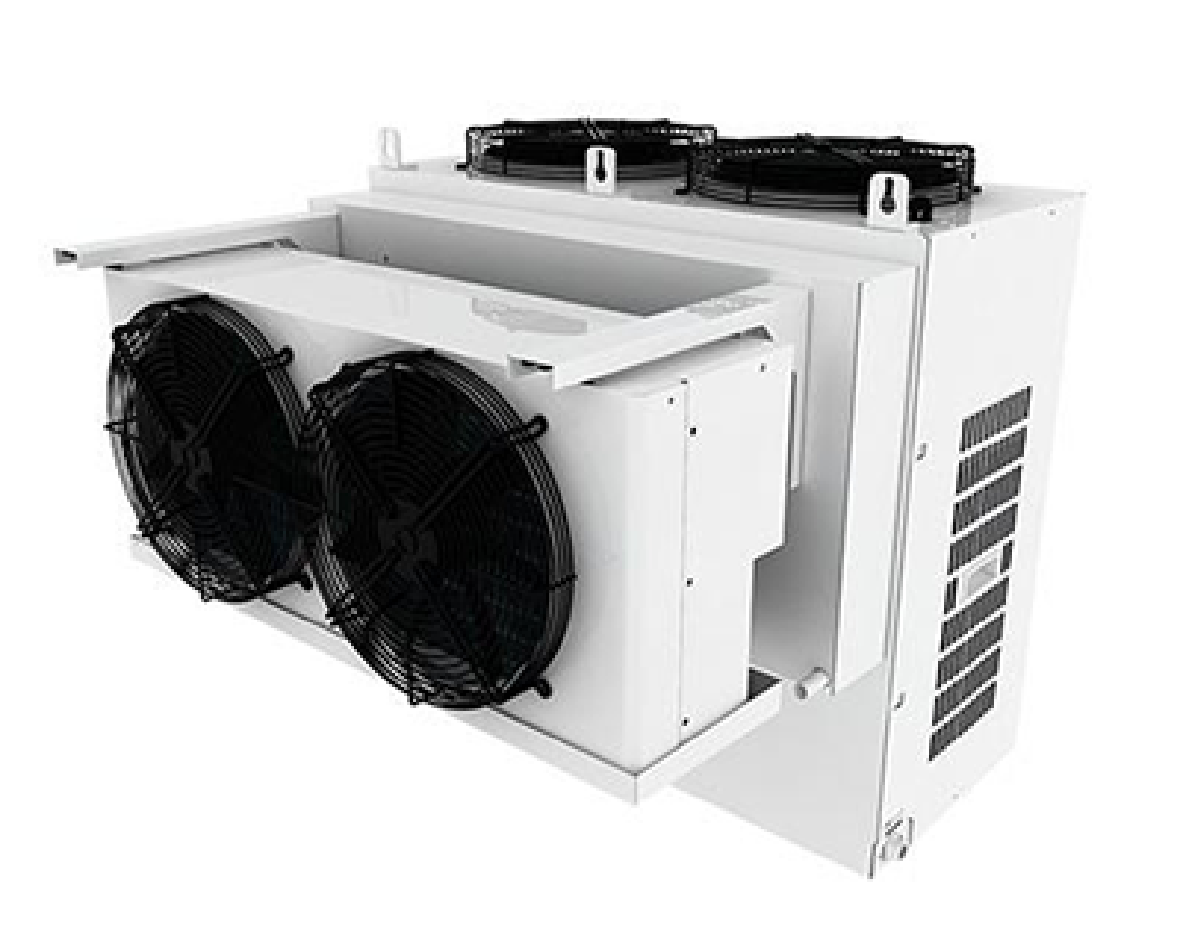counterflow chiller
Understanding Counterflow Chilllers Principles and Applications
In the realm of cooling technologies, counterflow chillers have emerged as a critical component for numerous industrial and commercial applications. Their innovative design and efficient operation make them a preferred choice in settings ranging from food processing to chemical manufacturing, as well as in HVAC systems. This article explores the principles of counterflow chillers, their benefits, and key applications.
What is a Counterflow Chiller?
At its core, a counterflow chiller is a type of heat exchanger used to remove heat from a fluid, typically by using a refrigerant. The term “counterflow” refers to the method in which the two fluids—usually a hot liquid to be cooled and a cold refrigerant—flow in opposite directions. This design maximizes the heat transfer efficiency by maintaining a temperature gradient along the length of the heat exchanger.
The fundamental working principle involves circulating the hot liquid through one side of the chiller while the refrigerant flows through the other side. As the hot liquid releases heat, the refrigerant absorbs this heat and changes from a low-energy state to a high-energy state, typically transitioning from a liquid to a vapor. This process allows for effective cooling of the incoming fluid, which is crucial in many industrial processes.
Advantages of Counterflow Chilllers
1. Higher Efficiency One of the most significant advantages of counterflow chillers is their enhanced efficiency. The counterflow design allows for a greater temperature differential between the hot liquid and the refrigerant, which results in more effective heat transfer. This efficiency often translates to lower energy costs over time.
2. Compact Design Counterflow chillers can be designed to occupy less space than other types of chillers. Their layout allows for more efficient use of physical space, which is particularly important in facilities with limited room for equipment.
3. Temperature Control These chillers offer precise control over the temperature of the cooled liquid. By adjusting the flow rates of the fluids involved, operators can maintain the desired temperature, enhancing the overall process control within an industrial setting.
4. Versatility Counterflow chillers can adapt to various applications across different industries. Whether cooling water for manufacturing processes or providing chilled water for HVAC systems, the flexibility of these systems makes them valuable in diverse contexts.
counterflow chiller

5. Reduced Maintenance Requirements The design of counterflow chillers often leads to reduced wear and tear compared to other cooling systems. Fewer moving parts mean lower maintenance costs and longer operational life.
Applications of Counterflow Chilllers
Counterflow chillers find applications across a variety of industries
- Food and Beverage Industry In food processing, maintaining optimal temperatures is crucial for preserving product quality. Counterflow chillers are employed in various stages of production, from cooling heated liquids to chilling final products before packaging.
- Chemical Manufacturing Chemical processes often generate significant amounts of heat, which must be removed to avoid unwanted reactions. Counterflow chillers are used to keep temperatures within safe operating ranges, thus enhancing product quality and safety.
- HVAC Systems In heating, ventilation, and air conditioning systems, counterflow chillers are integrated to provide cooling for commercial buildings, ensuring comfortable environments for occupants while maintaining energy efficiency.
- Plastic and Metal Processing Manufacturing processes involving plastics and metals often require precise temperature control to ensure product quality. Counterflow chillers provide reliable cooling to keep production processes stable.
- Data Centers With the increased demand for cooling due to high-density server equipment, counterflow chillers are integral in maintaining optimal temperatures in data centers, thereby ensuring efficient operation and prolonging equipment life.
Conclusion
Counterflow chillers represent a significant advancement in cooling technology, providing efficient, reliable, and versatile solutions for a variety of applications. As industries continue to seek ways to enhance efficiency and reduce energy consumption, the demand for such innovative cooling systems is likely to grow. Understanding the principles of counterflow chillers allows businesses to make informed decisions about their cooling needs, ultimately contributing to improved process efficiency and sustainability. Whether in food processing, HVAC, or chemical operations, counterflow chillers stand out as a critical tool in achieving optimal cooling solutions.
















































































































